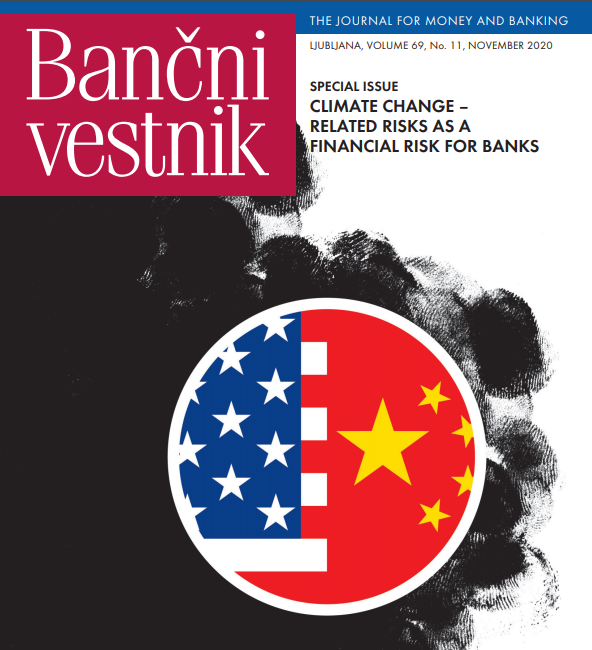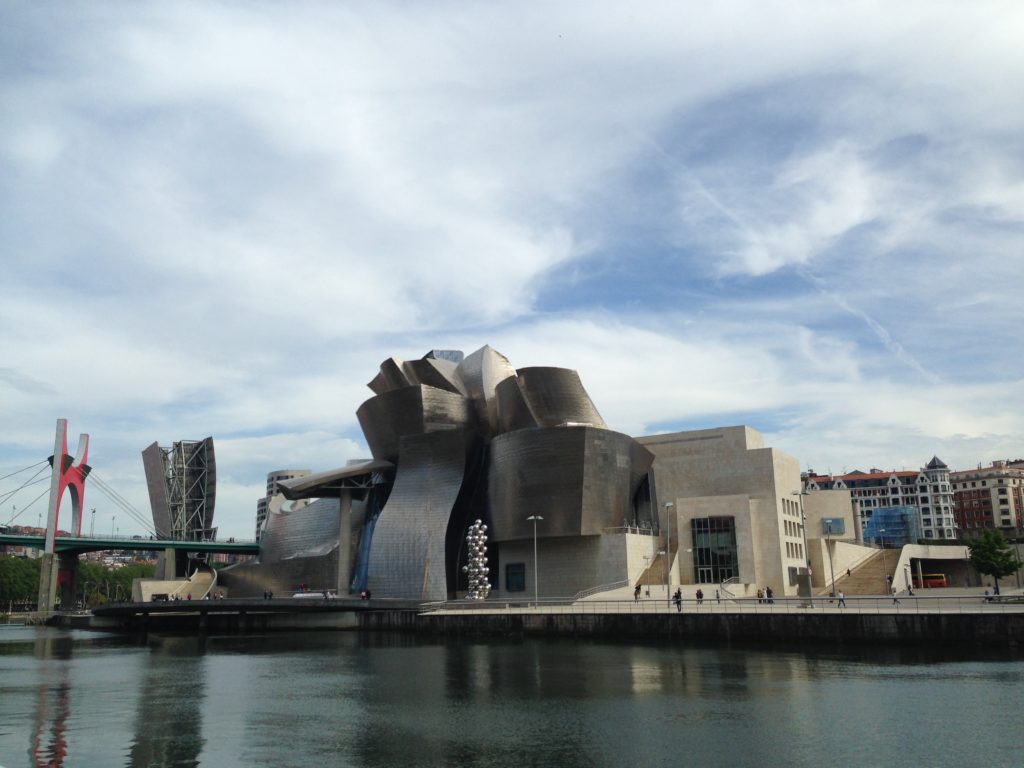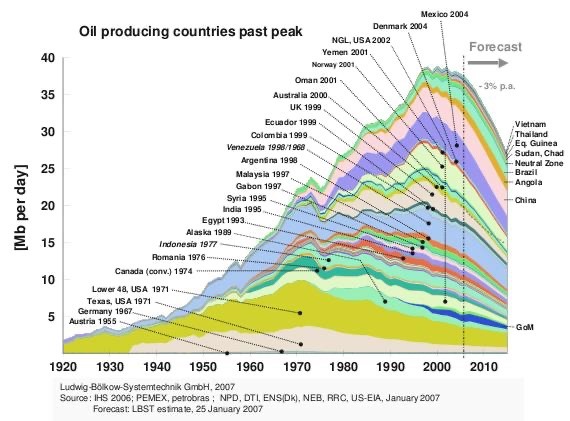Thoughts of a Chartered Surveyor, passionate about the environment
Covid-19 will change the way we work and live in the short term. Some of the changes might be transformative and long lasting.
Martin Sorrell, a UK based media magnate, predicted that Covid-19 will accelerate the digital revolution and it seems he is being proved right. Most office workers in the past few weeks have participated in many Microsoft teams and Zoom meetings, webinars, flash calls, and video calls. I have personally been using Skype video calls to communicate with clients, and find them more effective than the conference calls I was accustomed to, pre-Covid. I anticipate that face to face meetings will be replaced with video conferencing for the foreseeable future.
As I write this, most European countries are slowly emerging from lockdown and embarking on stage 2. It is now clear that it will not be possible to eradicate the virus in the short term, and that extraordinary measures will be required to keep it under control and prevent high numbers of newly infected patients from overwhelming the health services. We will not be returning to normal any time soon. It is also clear that we are far from reaching herd immunity, with less than 4% already infected in Slovenia.
Over the past ten years we have witnessed a change in the way global companies secure office accommodation. It is now rarely left up to local managers. A central team of estates managers works together with a global agency to renegotiate leases, or to relocate and acquire new leases. Most companies have specifications for the office layout so there is consistency across the world. Part of those specs include a recommended number of m2 per occupier. We have seen a downward trend. Most multinationals allow around 13m2 per employee including meeting rooms, kitchens and rest areas. Premises like call centres have even less, some only 6m2 per employee. I cannot imagine how it will be possible to ensure the safety of employees in such circumstances. There will be no choice but to arrange staggered shifts, or to encourage some employees to work from home. Some companies might decide to temporarily increase the size of their office space in order to create distance between workstations. Ventilation will become increasingly important, it has been shown that air conditioning units can spread infection from one part of a room to another, even in large spaces. Office buildings with windows that do not open will be at a disadvantage. Sanitation will also be important, to prevent the disease being spread by contact with door handles, elevator buttons and other surfaces.
The lockdown taught me some very important things. As a cross border worker, I am used to working from home, I did not travel to the office every day pre-Covid. Our company found it very easy to transition to home working when our office closed. All our files are stored in dropbox and google drive, and team members work on laptops. We are used to having regular group Skype meetings, they just became a daily thing under lockdown . Actually it was a seamless transition. What I was not expecting was how much I would miss seeing my colleagues in real life. And how much they missed each other, and me. We were all so happy to get back to the office to experience human contact. I learned that human beings belong in herds, and working remotely with little personal contact creates a sense of loss and isolation. I firmly believe that in order to create a cohesive, effective team, some face to face contact is required.
Home working in Slovenia is not as common as in more mature markets. I believe this is mainly due to Managers’ lack of trust in employees, to get their jobs done without supervision. I feel sure the lockdown will have changed this forever. Most people are able to work unsupervised providing they know what is expected of them. It is likely that some companies will decide that they like employees working from home at least part of the time, in order to save on expensive office accommodation. Some offices might become more like social hubs than workspaces, facilitating important face to face contact for some of the time.
According to a report issued by global realtor Savills on 4th May, buyers of homes are likely to prioritise home offices, Wi-Fi, and green spaces in future acquisitions. I have been working at home extensively since I moved from Ljubljana to Trieste. The single most important priority for me is to have a dedicated workspace that can be left at the end of the day, allowing me to switch off from work. I have a small home office, but for those without the space, a partitioned area can work just as well. I believe that as we learn to co-exist with Covid, many people will prioritise making their homes more beautiful and comfortable, as their havens from the outside world. Some people will suffer financially as we recover from the pandemic, but many will not. I predict that disposable income will increasingly be diverted from buying clothes, travelling and eating out in restaurants; to home and garden improvements.
The black plague precipitated the renaissance, one of the greatest epochs for art, architecture, and literature in human history. It is hard to imagine our world post-Covid, but the changes might be equally far-reaching.








